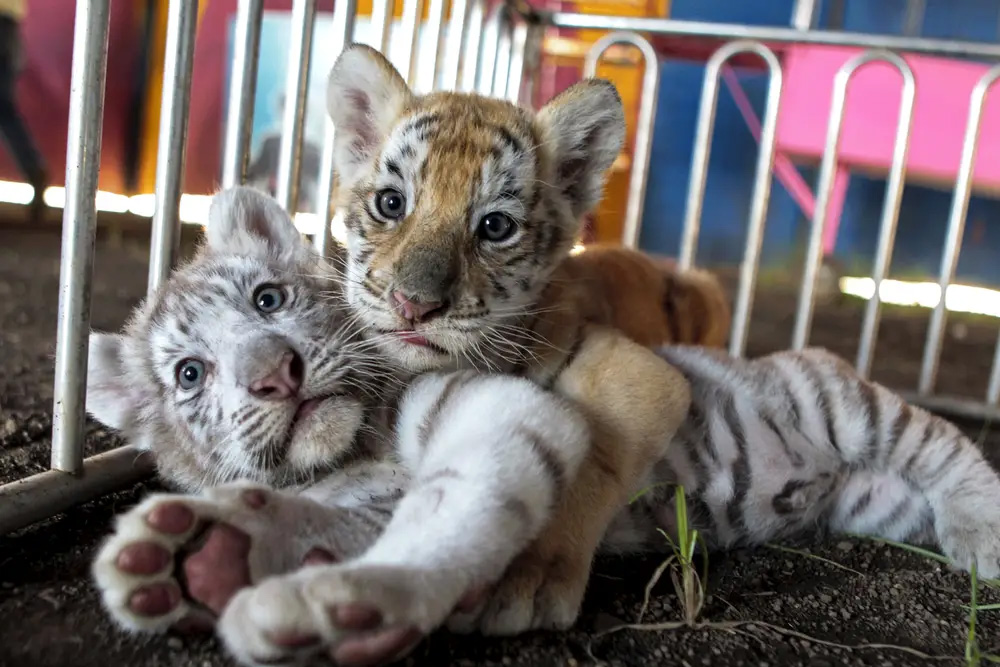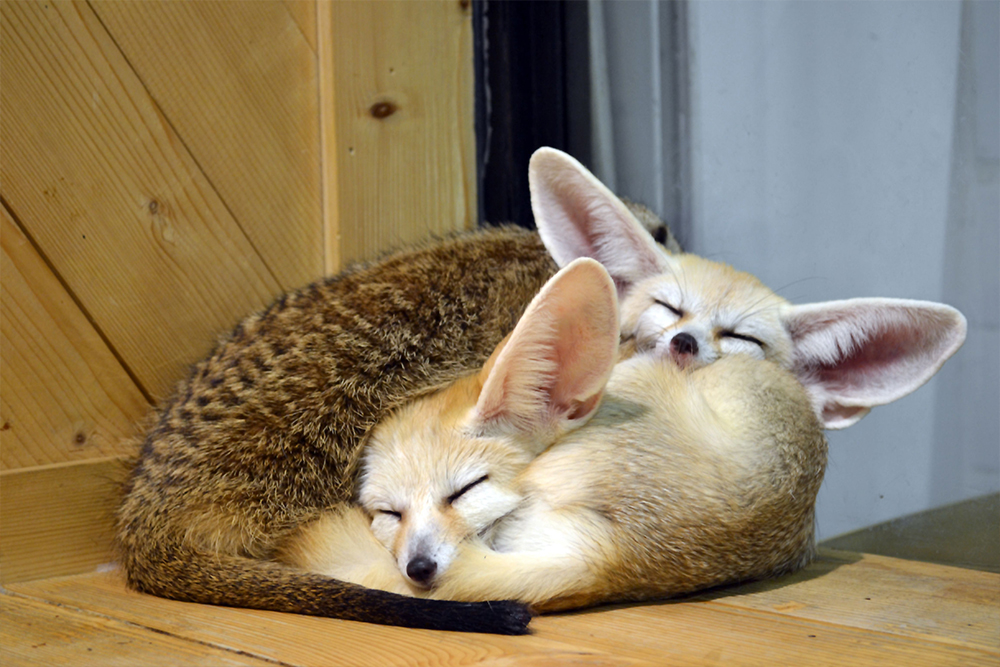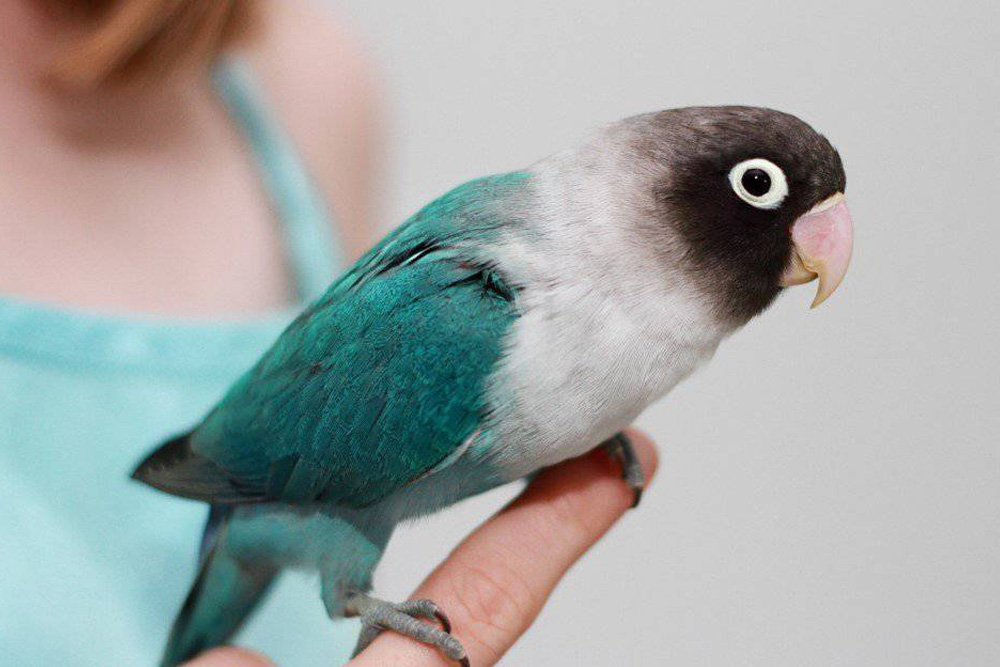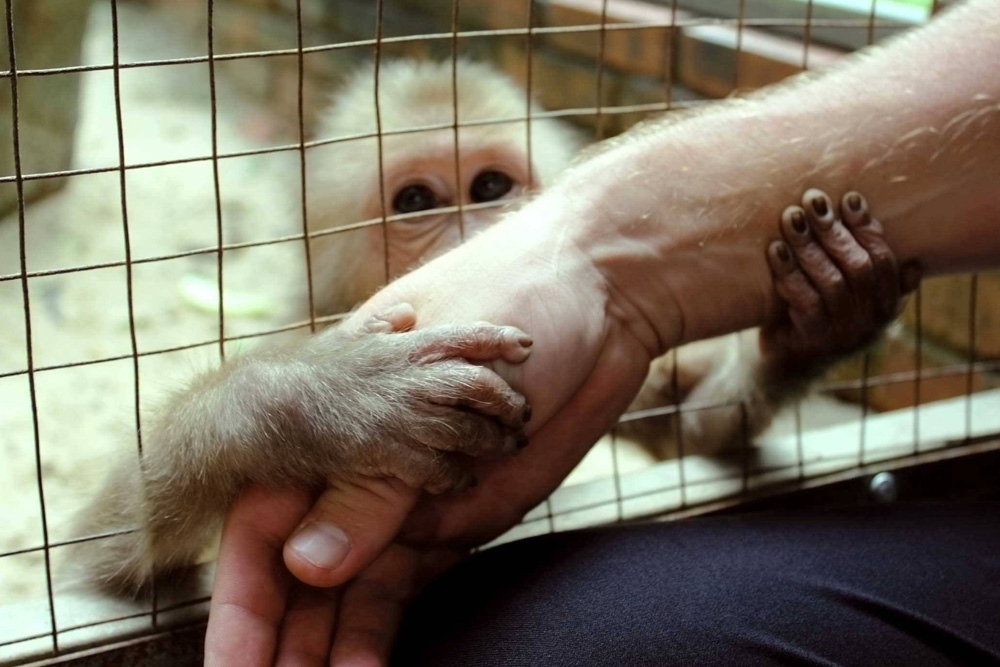The Ethics of Owning Wild and Exotic Animals as Pets

The ownership of wild and exotic animals as pets is a topic that has generated a lot of controversy and debate over the years. While some people view it as a way of fulfilling their desire to own a unique and exotic pet, others consider it unethical and harmful to the animals themselves. In this essay, we will explore the ethical considerations surrounding the ownership of wild and exotic animals as pets and examine the differences between them and conventional pets.
The Ethics of Owning Wild and Exotic Animals as Pets:
One of the primary arguments against owning wild and exotic animals as pets is that it is inherently cruel and inhumane. These animals are not domesticated and have specific needs and requirements that are difficult to meet in a home environment. They may be deprived of their natural habitat and social structures, leading to behavioral and health problems. In addition, many of these animals are endangered or threatened in the wild, and their capture and trade for the pet industry contribute to their decline.
Related articles
1- Treat Your Pet Like Family: 10 Fun Activities to Do Together
2- Keep Your Pet Healthy and Happy with Regular Veterinary Check-ups
3- How to Keep Your Pets Mind Sharp with Unique Games and Foods!
4- From Fat to Fit: Home Exercises for Your Obese Pet
Moreover, owning wild and exotic animals as pets can pose a danger to both the animal and the owner. These animals are not accustomed to human contact and may exhibit aggressive behavior towards their owners or other people. They may also carry diseases that can be transmitted to humans, or they may escape and cause harm to the local ecosystem or community.
Differences between Exotic and Conventional Pets:
While both exotic and conventional pets are kept for companionship, there are significant differences between the two. Some of these differences include:
- Exotic animals are not domesticated, while conventional pets have been selectively bred for generations to be suitable for living with humans.
- Exotic animals have specific habitat and dietary requirements that are difficult to replicate in a home environment, while conventional pets can adapt to a wide range of living conditions and diets.
- Exotic animals are often sourced from the wild, while conventional pets are typically bred in captivity or sourced from shelters and rescue organizations.
Taking care of an exotic animal requires specialized knowledge and attention to detail. Unlike conventional pets, exotic animals have unique requirements that need to be met to ensure their health and wellbeing. In this essay, we will explore the specific considerations involved in caring for an exotic animal and offer practical tips for providing optimal care.
First and foremost, it is crucial to research and understand the specific needs of the exotic animal you plan to keep as a pet. Each species has its own requirements for diet, habitat, temperature, and socialization, among other factors. It is essential to provide an environment that closely mimics their natural habitat, including appropriate lighting, temperature, and humidity levels. For example, a reptile may require a heat lamp to maintain its body temperature, while a bird may need access to natural sunlight to promote healthy feather growth.
Furthermore, exotic animals may have dietary requirements that are difficult to replicate in a home environment. It is important to provide a varied diet that includes a mix of fresh produce, protein, and supplements, as well as access to clean water at all times. Additionally, it may be necessary to seek out specialized veterinary care to ensure that the animal is receiving the proper nutrition and healthcare.
Another consideration when caring for an exotic animal is providing adequate socialization and mental stimulation. Many exotic animals are highly intelligent and require activities that stimulate their natural behaviors, such as foraging or climbing. Providing an enriching environment that includes toys, puzzles, and interaction with their caretakers can help prevent boredom and ensure their mental and emotional wellbeing.
Taking care of a conventional pet requires regular attention and care to ensure their health and wellbeing. Whether it’s a dog, cat, bird, or small animal, providing proper care and attention to your pet is essential. In this essay, we will explore the specific considerations involved in caring for a conventional pet and offer practical tips for providing optimal care.
One of the most critical aspects of caring for a conventional pet is providing proper nutrition. Each species has its own dietary requirements that need to be met to ensure their health and wellbeing. Providing a balanced diet that includes a mix of protein, carbohydrates, and fat is essential. Additionally, it is important to provide access to clean water at all times to prevent dehydration.
Another important consideration when caring for a conventional pet is providing adequate exercise and mental stimulation. Dogs, for example, require daily walks and playtime to maintain their physical and mental health. Similarly, cats require opportunities to climb, scratch, and play to prevent boredom and destructive behavior. Providing toys and interactive games can help keep your pet mentally and physically stimulated.
To nutrition and exercise, providing a safe and comfortable living environment for your pet is essential. This includes providing appropriate bedding, toys, and access to clean and fresh water. It is also important to maintain a clean living space to prevent the buildup of harmful bacteria or parasites that could make your pet sick.
Regular veterinary care is also an essential part of caring for a conventional pet. Annual checkups and vaccinations can help prevent the spread of disease and ensure your pet is in good health. Additionally, it is important to seek out veterinary care if your pet exhibits any signs of illness or injury.
In conclusion, owning and caring for a pet, whether it’s an exotic or conventional animal, is a significant responsibility that requires dedication and effort. Providing a safe and comfortable living environment, proper nutrition, and regular veterinary care are essential for ensuring the health and wellbeing of your pet. Furthermore, taking the time to understand your pet’s unique needs and providing adequate exercise and mental stimulation can help strengthen the bond between you and your furry or scaly friend.
Caring for a pet is not just about fulfilling their basic needs, but also about building a meaningful relationship with them. Pets offer us love, companionship, and joy, and it’s our responsibility as pet owners to reciprocate that love and care. By providing proper care and attention, we can help ensure that our pets live happy and healthy lives, and that our relationship with them remains strong and fulfilling.
Sobre o Autor




0 Comentários